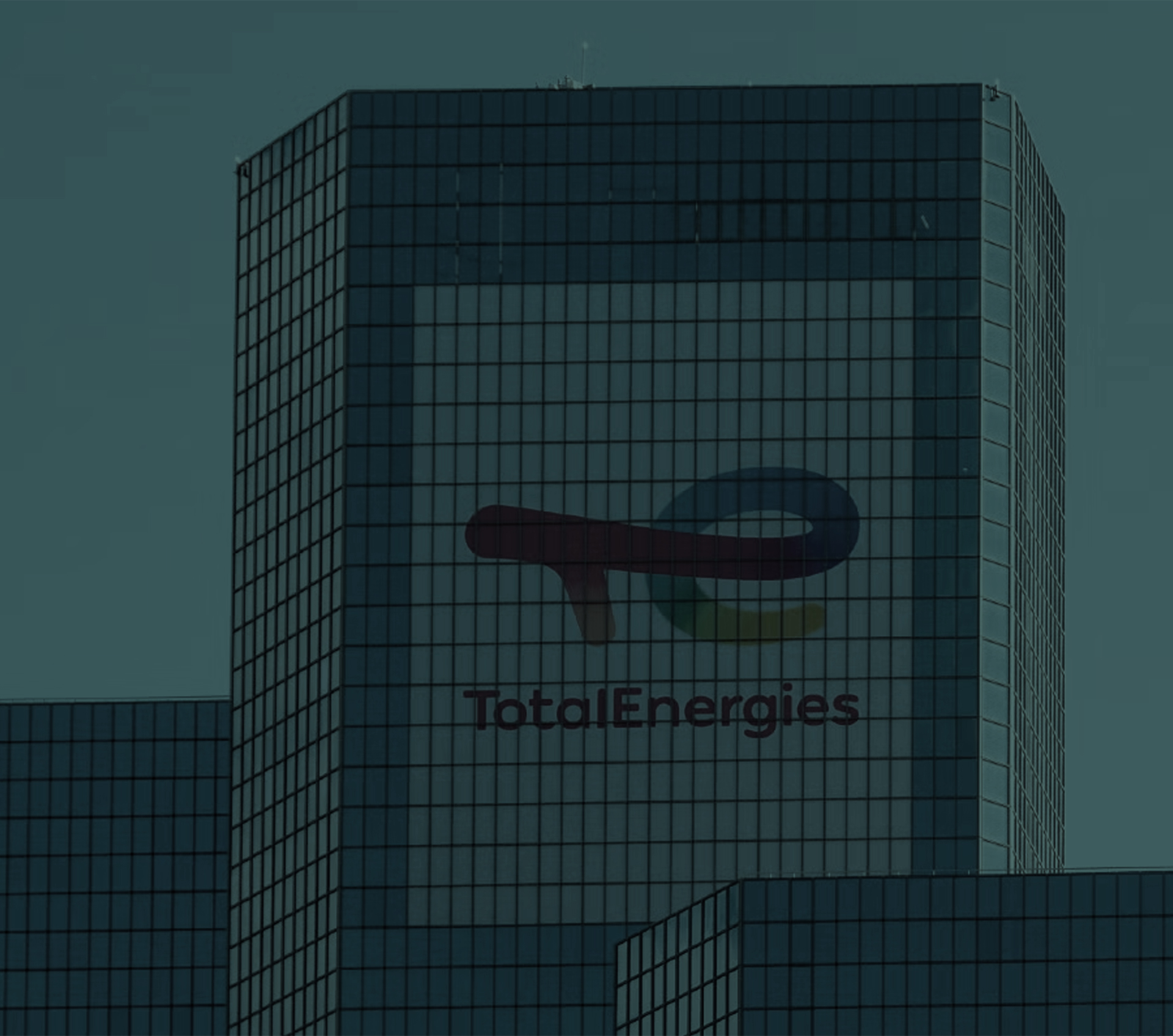What Are Enterprise-Managed IT Services?
Managed IT service is a comprehensive suite of outsourced services designed to oversee and manage your organization’s IT services. These services cover IT management and optimization, network management, data backup and recovery, cyber security, cloud computing and technical support, etc.
Enterprise managed IT services aim to enhance the overall performance of the IT systems, their security and scalability to help your organization focus on its core activities. It reduces dependency on the in-house IT team. It enables you to take assistance from external specialists who possess the necessary skills and resources to ensure seamless functioning of the IT environment.
How Does it Help Organizations?
Enterprise Managed IT services have a transformative impact on the organization. By entrusting the complexities of IT management to dedicated experts, it helps you streamline your operations and bolster your cyber security efforts. This increases efficiency by manifolds, minimizes downtime and helps create a scalable IT environment that adapts fast to the fast-changing business environment.
Top 6 Benefits of Managed IT Services
Managed IT services come with the following benefits for your organization:
1. Cost Saving: Enterprise managed IT services give you a predictable cost structure, which allows you to budget your IT expenses effectively. Outsourcing your IT management reduces labor costs as it eliminates the need for an in-house team and you get access to the latest innovation without spending a hefty sum.
2. Better security: With managed IT service, you get proactive threat management. They employ advanced security measures to identify and address potential threats and reduce risks. They ensure that your antivirus programs, security protocols and software are up to date to provide a robust defense against emerging threats.
3. Increase efficiency and productivity: Managed IT services offer 24/7 monitoring and support, which allows quick issue resolution, minimizes downtime, and promotes optimal system performance. It also helps automate routine tasks like system updates, enhancing overall efficiency and productivity. This also frees up the internal team to focus on more strategic tasks, boosting productivity.
4. Scalability and flexibility: Today’s business environment is highly dynamic. Managed IT services are designed to accommodate the changing needs of the organization and support expansion. They offer flexible service models and tailored IT solutions to meet your business’s specific needs, providing a customized solution to your IT management.
5. Access to expertise: Managed IT services bring with them a team of experts and skilled IT professionals who stay abreast of the latest technology trends and practices. You get a broad range of skills at your disposal without having the need to build an in-house team, which is expensive in terms of cost and time.
6. Ensure IT infrastructure availability 24/7: Uninterrupted IT operations are the core advantage of managed IT services. They guarantee continuous availability of critical IT infrastructure, ensuring the systems are functioning and available round the clock. The 24/7 availability reduces downtime and promotes uninterrupted business operations, creating a foundation for a reliable IT infrastructure.
Types of Managed IT Services Crucial to your business
Let’s check the type of Managed IT Services that are available:
1. Infrastructure Management
Efficient infrastructure management is crucial to the seamless operation of your IT environment. Managed IT services oversee the management of the core components of your IT infrastructure–servers, networks, and storage, ensuring they are optimally performing well together. This is crucial to maintain reliability, performance and scalability, which in turn helps your business adapt to changing demands and technological trends.
2. Data Backup and Recovery
Backup and recovery are essential to a robust IT strategy. It involves the systematic creation of backups of critical business data and processes to retrieve data in case of data loss. This ensures that the data is not lost and the downtime is minimized, providing a safety net for organizations and operational resilience.
3. Cloud Migration
Cloud Migration services play a very important role in transitioning your digital assets, apps and data to cloud-based platforms. This involves meticulous planning, execution and optimization of the entire migration process. Migrating to the cloud helps your business become flexible, scalable and accessible, reducing cost and enabling efficient resource management.
4. Security Services
Robust cyber security services are indispensable in this era of rampant cyber threats. Managed IT services come with a suite of solutions to protect your business’s digital assets, networks, and precious data. It includes measures preventing unauthorized access, data breaches, and cyber threats to protect the integrity and confidentiality of your digital assets.
5. Digital Transformation
Digital transformation goes beyond just updating the IT infrastructure. It encompasses strategically integrating innovative technologies into your business processes. It involves adopting new technology like GenAI, reimagining workflows and embracing a digital-first mindset. This is crucial for staying competitive and enhancing efficiency, streamlining operations and positioning your business as a market leader.
6. Business Intelligence Services
Business intelligence services harness the power of data analytics to extract insights from business data. This involves gathering, analyzing and interpreting data to enable informed decision making. This helps you understand trends, identify opportunities and make data-driven decisions. It helps you optimize your processes' user experience and drive overall growth.
7. Technical support and Helpdesk Services
Helpdesk and technical support services are integral to the smooth functioning of day-to-day IT operations. These services address technical issues, troubleshoot problems, and offer guidance on efficient use of IT systems. Helpdesk and technical support empower employees to resolve issues promptly. Using modern tech like GenAI, you can also create a knowledge base for employees to auto-resolve issues.
8. IT consulting and Strategic Planning
Managed IT services create a broad spectrum protecting your IT environment. It encompasses consulting and strategic planning for aligning IT efforts with business goals. It includes assessing current IT infrastructure, identifying areas of improvement and guidance on adopting new technologies. They ensure that IT initiatives are aligned with broader business objectives and serve as a strategic asset for your organization.
9. Unified Communication Services
A unified communication service streamlines and enhances communication within the organization by integrating communication and functional tools in a cohesive system. A unified communication system enhances internal and external communication, promotes collaboration, improves response time and creates an efficient working environment. For example, Rezolve.ai integrates seamlessly with Microsoft Teams, creating a helpdesk within the friendly MS Teams interface. It works as a communication channel between employees and also as a service desk.
What to Look for in an Enterprise Managed IT Services?
Choosing the right enterprise managed IT services provider is crucial for efficient implementation and the success of the business. Here are some points to consider when choosing managed IT services.
1. Service offerings: Ensure the service providers offer a comprehensive suite of services that cover your business needs like infrastructure management, security, cloud solutions ,ITSM, ITIL, IT service desk, HR service desk, Employee Engagement and more. The tool should be scalable and should be able to handle large data sets.
2. Modern Technology: An IT service tool should be backed by the latest technology like GenAI to power the tool, offer a bot to help employees auto-resolve issues, AI-backed knowledgebase, desktop automation to automate routine tasks, and more.
3. Reliability and performance: Review SLAs to understand the service provider's commitment towards uptime, response time and issue resolution. Also, ensure that it offers robust performance monitoring systems for issue detection to improve optimal performance and reduce downtime.
4. Customer Support: The quality of customer support services the service provider offers is another critical factor to consider. Evaluate their helpdesk and technical support services, their response time and resolution time. Check the diverse communication channels for support ensuring accessibility.
5. Reporting and Dashboard: The managed IT service tool should offer robust reporting features and dashboards for bird eye view that enables informed decision-making. It should offer real-time performance dashboards, report customization, data analysis, exporting reports, etc.
Conclusion
The adoption of managed IT services represents a strategic move for the business to optimize its digital operations and processes. The evolving technology necessitates the requirement of a reliable enterprise managed IT service provider that offers comprehensive IT solutions. A robust tool prioritizes innovation and cutting-edge technology like GenAI offers seamless integrations with existing systems, and seamless digital transformation support.
To check how a comprehensive tool can impact your business effectively, take a demo of Rezolve.ai today!
FAQs
1. What should be included in IT managed services?
Managed IT services typically include a range of services like network and server management, cybersecurity measures, data backup and recovery, helpdesk support, hardware and software maintenance, and strategic IT planning.
2. What is the difference between IT services and managed services?
IT services refer to a broad range of services that are related to information technology–hardware and software support, network management, and troubleshooting. Managed services comprise a more proactive and comprehensive approach. It involves outsourcing specific IT functions to a third-party provider, who takes the responsibility to monitor, manage, and plan strategically to ensure a more holistic and integrated IT solution.
3. What's the difference between managed IT services and cloud services?
Managed IT services and cloud services are pretty related but serve different purposes. Managed IT services include a broad set of IT functions that are taken care of by a third-party provider. It includes infrastructure management, security, and support. Cloud services take explicit care of computing services—such as storage, processing power, and applications—over the internet. Managed IT services can include cloud services and cloud services focus on the accessibility and delivery of resources through the cloud.Organizations depend heavily on their IT infrastructure, making it crucial to be robust. However, the efficiency and performance of IT assets, like servers, see an exponential decline after 3rd year. By the 5th year, your expenses for maintaining and supporting your server will increase by a humongous 148%. Then there are security threats, downtime, and maintenance efforts that require expertise.
Managed IT services reduce this cost, increase uptime by 99.99%, free up key resources and bring IT expertise into your organization.
Let’s understand what Enterprise managed IT services can do for your organization.





.webp)




.jpg)

.png)








.png)